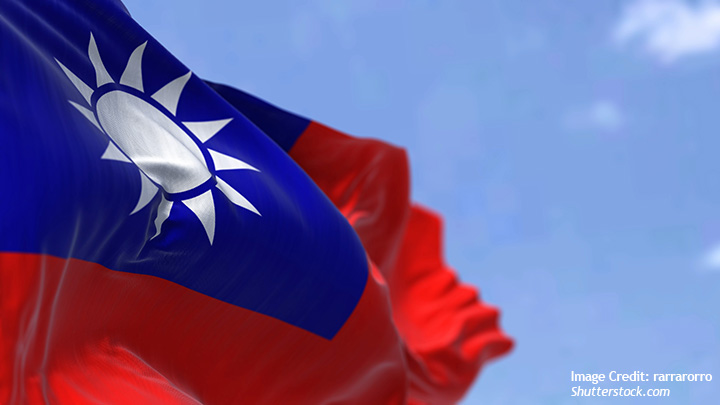Assessing the Development of Taiwanese Identity

Bo-jiun Jing and Torbjörn Lodén
The subject of contemporary Taiwan inevitably evokes controversy concerning its political, national, and cultural identity, especially the fervent dispute regarding its sovereignty and global recognition. Should Taiwan be recognized as a sovereign and independent state under the name of the Republic of China (ROC), or should it be seen as an “inseparable part of one China,” as claimed by the People’s Republic of China (PRC)? Should the people in Taiwan be considered culturally Chinese, or should they be seen as a separate cultural entity?
A compelling underpinning of Taiwan’s assertion of separate nationhood and statehood derives from its emphasis on a distinct historical narrative that diverges from that of the PRC. Furthermore, its political democratization has undeniably contributed to the rise of Taiwanese identity. At the same time, it is hard to deny that Taiwan shares much of the Chinese cultural legacy with mainland China and other parts of the Chinese-speaking world. Therefore, it appears that the discussion of these issues would benefit from consistently differentiating between the notions of statehood and cultural identity.
Within the pages of this meticulously curated volume, this ISDP Special Paper edited by Bo-jiun Jing & Torbjörn Lodén surpasses mere comprehension of the context surrounding the contested statehood of the ROC or Taiwan. The quartet of articles in this Special Paper delves deeply into the unique facets of Taiwan’s identity politics, adopting historical, indigenous, and international relations perspectives. Contributions by well-known experts on the subject offer invaluable insights into the essence of Taiwanese identity, its evolutionary trajectory, and potential directions for the future.




